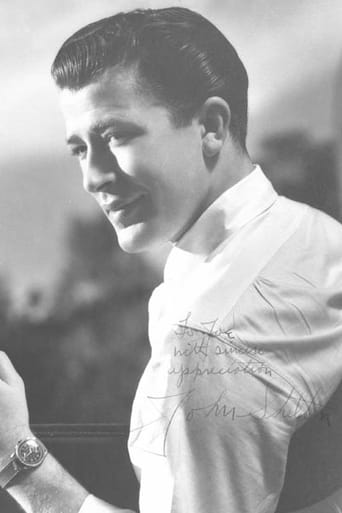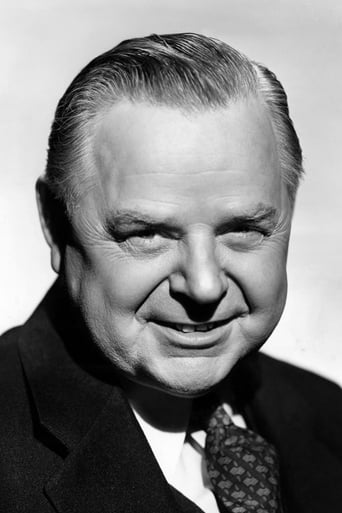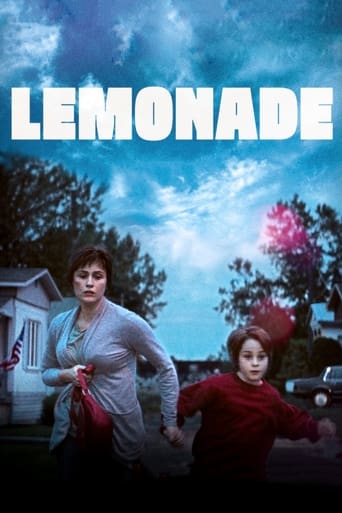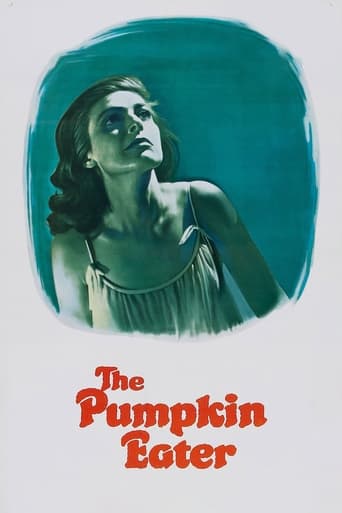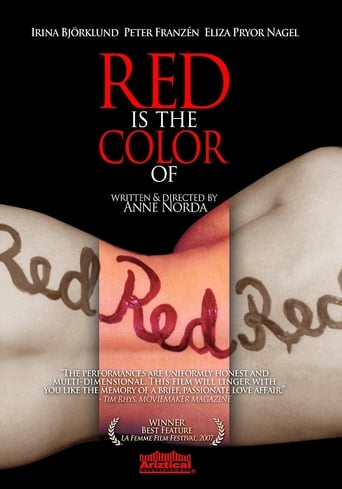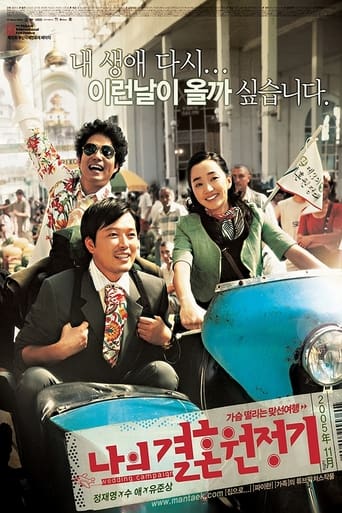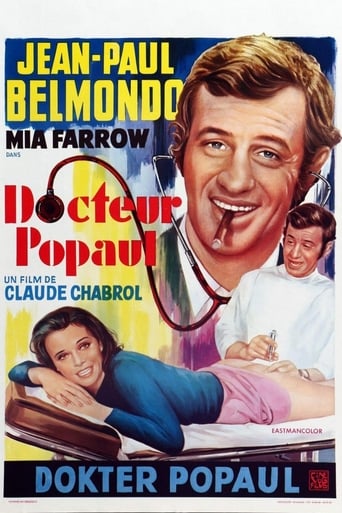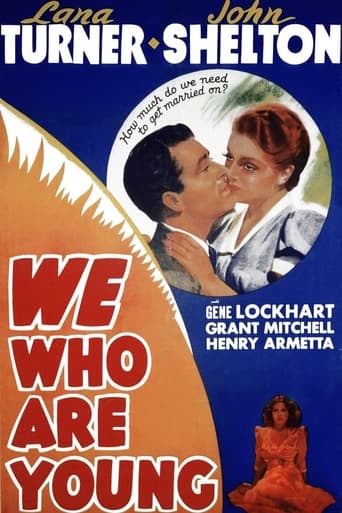
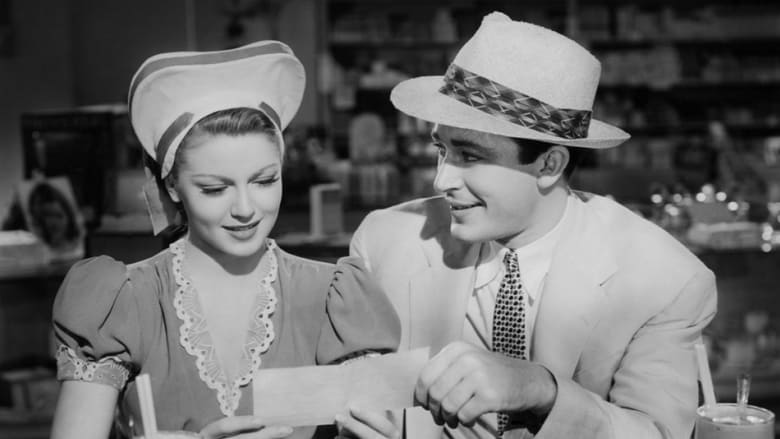
We Who Are Young (1940)
A man violates company policy by getting married.
Watch Trailer
Cast
Similar titles

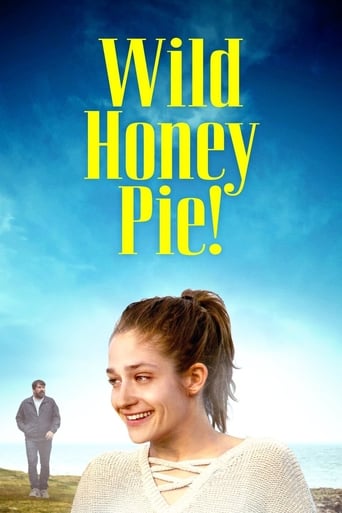
Reviews
Thanks for the memories!
This is a tender, generous movie that likes its characters and presents them as real people, full of flaws and strengths.
It's complicated... I really like the directing, acting and writing but, there are issues with the way it's shot that I just can't deny. As much as I love the storytelling and the fantastic performance but, there are also certain scenes that didn't need to exist.
A great movie, one of the best of this year. There was a bit of confusion at one point in the plot, but nothing serious.
Directed by Harold S. Bucquet, usually working on sentimental films at MGM, and this is one of those films.A pig headed by the book executive, C.B. Beamis (Gene Lockhart),has a rule that none of the employees can be married to one another. So when Margy (Lana Turner) and William (John Shelton) fall in love and marry and Beamis finds out, he fires them both.Soon they are expecting their first child, but William cannot get work anywhere. Instead he depends on relief. Three months into being on the dole he just picks up a shovel and starts digging. When the digging crew protests and the boss man protests, William just says that he is tired of feeling useless, just being fed and housed by the government and not part of society. He's so sick he'll work for free. The boss man gets a policeman and William is in jail for criminal trespass and a bunch of other minor charges, but still he is separated from his extremely pregnant wife who has no idea where he is.Will this all work out? Of course it will! It's a Harold Bucquet film in the MGM tradition! Watch and find out how.Lockhart is great as the pig headed irascible boss, John Shelton is good as the optimistic guy who quickly loses that optimism, and Lana Turner is almost too sweet and understanding as the wife. I can say that the film was not exactly timely. By 1940 the Great Depression was pretty much over and this might have packed a more meaningful punch had it come out about three years before. Its message about cooperation, basically "It Takes A Village 1940 Style" was rather timely considering WWII was just a year away.
...Famous fighting words uttered by Bill Brooks as he and his cute wife Marjorie (Lana Turner) look over the skyline. And in this sudsy MGM melodrama it seems a forgone conclusion as battling Bill crosses swords with meanie boss Mr. Beamis (Gene Lockhart), then later on with a meanie hire purchase employer. Lana Turner goes through the movie with a "smiling through tears" look on her face - her emotions never vary as she supports Bill through thick and thin. She and Bill are secretly married, it is against company policy for staff to be married and the day they have a glorious lunch hour picking furniture for their little flat, on the installment plan - you guessed it, by the day's end Marjorie is out of a job.Hardship follows hardship - Bill takes out a loan so Marjorie can have her own doctor when the baby's due, falls behind in his payments and he, too, is fired by Mr. Beamis, who sends him on his way with an assortment of homilies about scrimping and saving and keeping your nose to the grindstone etc. Cheery Marjorie hocks her wedding ring to pay for Bill to do a chartered accounting course but still no job and, desperate, he rushes out into the night, claiming he would rather steal than go on relief. Don't let "Screenplay by Dalton Trumbo" fool you, this is just another MGM fairy story about two kids trying to make it in the big city. It was done so much better in "Bad Girl" (1931) with Sally Eilers and James Dunn making you believe in their gritty portraits of love on the dole and just as realistic, "I Promise to Pay" about the sometimes grim reality of the dreaded installment plan. Trumbo's stamp is put on it by a couple of speeches - Bill, desperate, tries to get work on a construction site and Jonathon Hale gives him a job, first telling him that he was exactly in Bill's position as a young married man, Bill, in turn, proceeds to give Mr. Beamish a tongue lashing to the effect that people should be kinder to each other!!!Of course with a lot of MGM movies of the 1940s, everything had to be patched up and tied with a nice ribbon. Mr. Beamish proves to be not such a meanie after all and the end shows Bill in the hospital, beaming at Marjorie, who has presented him with twins (she looks and sounds as though she doesn't know how it all happened - maybe the twins were a surprise edition to the script) and is now able to chose between two jobs.Lana Turner as a young destitute married girl trying to give support to her struggling husband, was one movie role that she didn't have to become accustomed to. She always looked as though she was born to wear diamonds and furs but she had first hand experience, as a child, of poverty and family instability. She was enchanted by her father's shiftless personality but it didn't make for a happy home life and one night after taking part in a crap game he was found dead in a nearby town. The poverty didn't end for Lana until she was discovered by a talent scout in an ice cream parlour after cutting class.
Dalton Trumbo, who wrote the script for this film, was one of the screenwriters blacklisted as a result of the Communist scare of the late 1940s and early 1950s. If you watch the movie with that in mind, you'll find fascinating the political sentiments he puts in the mouth of the protagonist (Shelton).It's not that the philosophy is Marxist, exactly, but it is certainly a left-wing view of working life. Shelton's antagonist, Bemis, expresses a very pure libertarian view--he got where he is though his own efforts alone, he never asked anyone for help, nor got help from any, and he's damn proud of it. He has contempt for "weaklings" who don't match his self-sufficiency.Shelton--Trumbo, that is--calls him out. He says that no one has ever done anything alone, he's always had help from the others around him and that people depend on each other for support and there's nothing wrong with that. Rules may be rules, but they must be administered with human kindness.We're still having the very same argument today, in almost the same words. I've found myself having identical discussions on Facebook and Reddit, and the libertarian view is alive and well. Interestingly, Trumbo makes some of the same points I have made in these discussions.Anyhow, there's a non-obvious deeper layer to this film that makes it interesting in today's political environment. It's worth seeing for that reason, if for no other.
I don't agree completely with the other reviewer.I think this movie is a fine social documentary of the times. Although the movie was filmed in 1940, the scene is really the Depression 30s.Movies of that era were either 1) escapist, "fluffy" movies, about escapades among the rich and/or young, 2) musicals, or 3) gangster flicks. Mostly. None of these genres really reflected the tenor of those times.True docu-dramas of the era are rather rare; perhaps the people just didn't want to be reminded of how awful things were.This movie depicts the trouble a young couple has in succeeding (or even surviving) in a capitalist, Depression society. Both boy and girl loses jobs, and the girl is pregnant; one senses homelessness and breadlines around the corner. The angst felt by such couples in those days is poignantly portrayed here.True, some of the dialog is corny and dated, but one must remember that the thinking of the 1930s was vastly different than that of today's.The performances are spot-on, too; every one of the characters is believable.This movie is well worth watching for the social documentary that it is.

